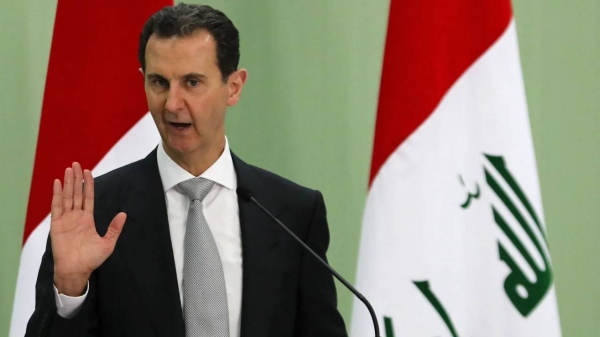
France has issued an international arrest warrant for Carlos Ghosn, the disgraced former Nissan executive who jumped bail in Japan and fled to Lebanon, prosecutors have said.
The warrant was issued on Thursday over €15m (£12.6m) in suspect payments between the Renault-Nissan alliance that Ghosn once headed and an Omani company, Suhail Bahwan Automobiles (SBA), said prosecutors in the Paris suburb of Nanterre.
The allegations involve misuse of company assets, money laundering and corruption.
Ghosn, then the chief of Nissan and the head of an alliance between Renault, Nissan and Mitsubishi Motors, was detained in Japan in November 2018 on suspicion of financial misconduct, along with his top aide, Greg Kelly. They both denied wrongdoing.
In December 2019, as he awaited trial, Ghosn staged an audacious getaway, being smuggled out of Japan in an audio equipment case on a private jet.
Ghosn, who holds French, Lebanese and Brazilian passports, landed in Beirut, which has no extradition treaty with Japan.
The 68-year-old said he fled because he did not believe he would get a fair trial in Japan, where prosecutors have an almost 99% conviction rate in cases that go to trial.
He also accused Nissan of colluding with prosecutors to have him arrested because he wanted to deepen the Japanese firm’s alliance with Renault.
A statement from his PR team called the French warrant “surprising”, suggesting it was ineffective as Ghosn “is subject to a judicial ban on leaving Lebanese territory”.
Lebanon does not extradite its citizens. Ghosn has citizenship in Lebanon, France and Brazil.
The Nanterre judge heading the investigation issued four other arrest warrants targeting the current and former leaders of SBA, the prosecutor’s office said.
Nanterre authorities visited Beirut twice during their investigation, questioning two witnesses in February after having spoken to Ghosn last year along with Paris investigators.
The French investigation centres on alleged improper financial interactions with Renault-Nissan’s distributor in Oman, payments by a Dutch subsidiary to consultants, and lavish parties organised at the Palace of Versailles.
Ghosn was heard as a witness and would need to be in France to be formally indicted and gain access to the details of the charges he faces.
His former aide Kelly, meanwhile, was given a six-month suspended sentence by a Tokyo court last month over allegations he helped Ghosn attempt to conceal income.
Prosecutors had sought two years in prison for Kelly, accusing him of helping Ghosn underreport his income to the tune of 9.1bn yen (£55m) between 2010 and 2018. The court found him not guilty on the charges for the financial years 2010 to 2016, and guilty for the financial year 2017.
Ghosn, who faced several additional financial misconduct charges, has always insisted he and Kelly are innocent and that Japanese prosecutors worked to help Nissan push him out in a “palace coup”.
In an interview with the French newspaper Le Parisien in February, Ghosn said he wanted to return to France but could not “for the moment” because of an Interpol warrant for his arrest.
“Of course I will go to France the day that I can do so,” he said, hitting back at the “stab in the back by the French government and the Renault board of directors”, which is a civil party to the case.
France’s economy minister, Bruno Le Maire, declined to comment on the arrest warrant on Friday, telling BFMTV/RMC radio: “Let justice do its job.”












